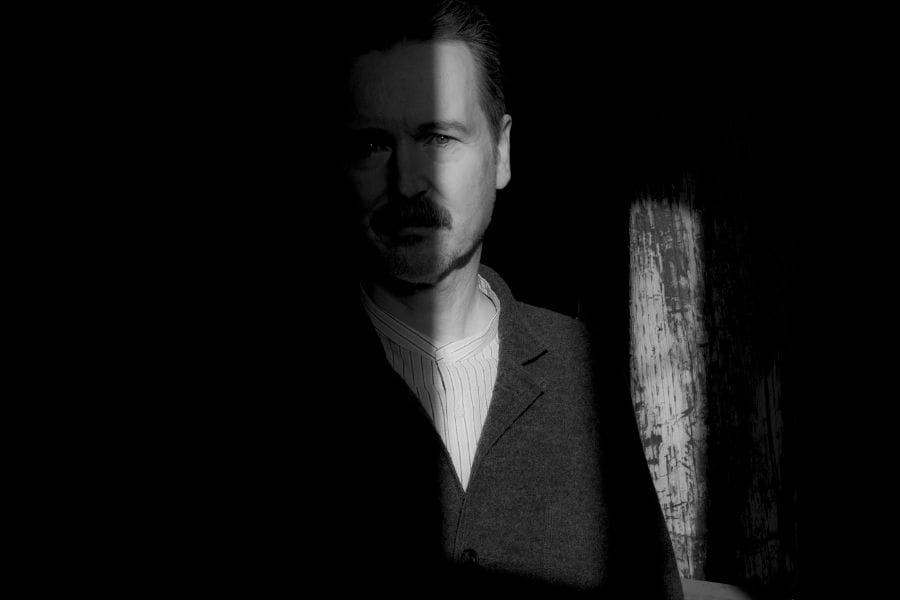
'The Batman' and Matt Reeves: Emerging from the shadow of other caped crusaders
At first glance, it's not clear that Matt Reeves has any secret identity like Batman. The 55-year-old filmmaker is a what-you-see-is-what-you-get guy, but Reeves is now the guardian of Batman's formidable cinematic legacy
 Matt Reeves in Los Angeles, Feb. 2, 2022. On March 4, Warner Bros. will release “The Batman,” directed and co-written by Reeves, the latest attempt at a foundational adventure for the vengeful vigilante-by-night; Image: Devin Oktar Yalkin/The New York Times
Matt Reeves in Los Angeles, Feb. 2, 2022. On March 4, Warner Bros. will release “The Batman,” directed and co-written by Reeves, the latest attempt at a foundational adventure for the vengeful vigilante-by-night; Image: Devin Oktar Yalkin/The New York Times
Central to the mythology of Batman is the idea of the secret identity: Beneath his fearsome mask, he is really Bruce Wayne, the billionaire scion of grimy Gotham City, and beneath that, he is still the traumatized child who saw his parents murdered in front of him.
At first glance, it’s not clear that Matt Reeves has any secret identity. The 55-year-old filmmaker is a what-you-see-is-what-you-get guy; with his slicked-back hair, neatly trimmed mustache and affable manner, he’s like a friendly mirror image of Batman’s hard-nosed police ally, James Gordon, if Gordon traded his cigarettes for Sweetgreen salads.
But Reeves is now the guardian of Batman’s formidable cinematic legacy. On March 4, Warner Bros. will release “The Batman,” the latest attempt at a foundational adventure for its vengeful vigilante-by-night. Directed and co-written by Reeves, the movie, like its title, promises a back-to-basics approach, disconnected from previous Bat-franchises and starring a preeminent film vampire, Robert Pattinson.
This is the second time in a decade that Batman has re-begun since the 2012 release of Christopher Nolan’s blockbuster “The Dark Knight Rises,” and one of countless takes on the character since he became a box-office draw in 1989, kicking off a generational wave of superhero movies.
But the Bat-cycle churns much more rapidly these days: It inexorably demands a new movie about the Caped Crusader every few years, regardless of whether other recent efforts ended gracefully, as with Nolan’s trilogy, or abruptly, as when Ben Affleck, the most recent star to play the role, stepped away from the character.
©2019 New York Times News Service






